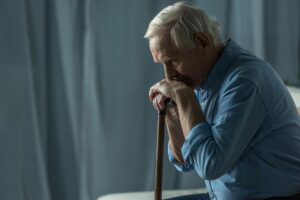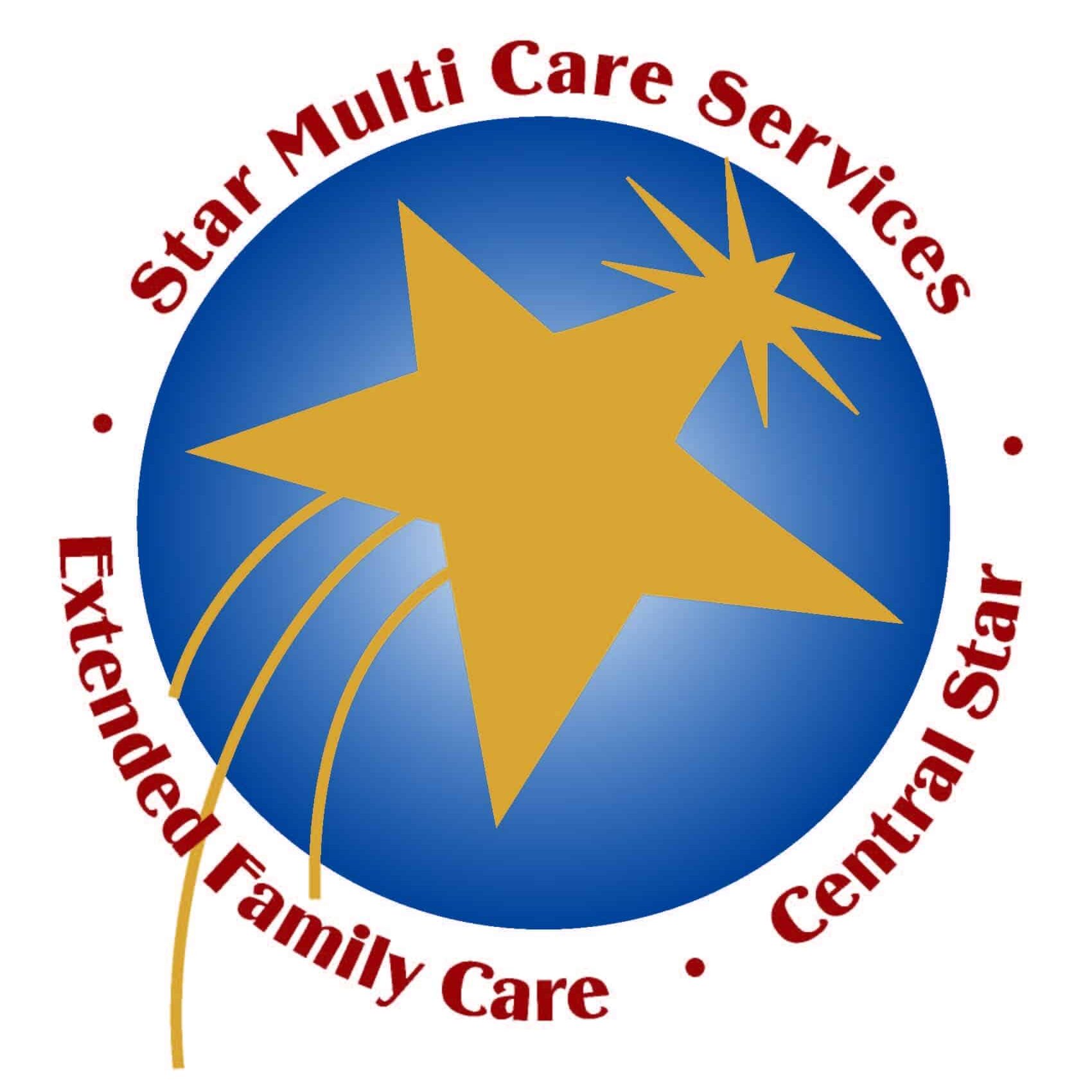If you have ever been depressed, then you know what symptoms you have had. However, did you know that everyone does not experience the same symptoms of depression? If your elderly loved one is depressed, they may have completely different symptoms than you did. This may just be the way their body and mind are experiencing the disease. However, it could also be because they have a different type of depression than you had. Learning more about the types of depression will allow you to better help your elderly loved one.
#1 Subsyndromal Depression

The first type of depression that should be talked about is called subsyndromal depression. This is one of the minor to moderate types of depression disorders. However, if it isn’t treated, it can cause major or severe depression. There are many elderly people who don’t fit under the guidelines for clinical depression. When this happens, they may be diagnosed as having subsyndromal depression. If your elderly loved one doesn’t have a depressed mood, but they have a few depression symptoms, this is the category they are likely to fall under. With subsyndromal depression, people usually have mild withdrawal from family members.
#2 Major Depressive Disorder
Major depressive disorder is also called clinical depression. If your elderly loved one has this disorder, they will meet the criteria for an actual depressive disorder. With this disorder, your elderly loved one will likely be experiencing sadness, irritability, loss of interest in activities they used to enjoy, chronic fatigue, and no energy.
#3 Persistent Depressive Disorder
If your elderly loved one has had a low mood for over 2 years, they are usually diagnosed with persistent depressive disorder. The criteria that someone needs to meet to get this diagnosis are similar to those of major depressive disorder. However, overall, the persistent depressive disorder doesn’t produce as severe of symptoms as a major depressive disorder. Those with this disorder might have periods of depression. Their symptoms might disappear or diminish for about a month or less and then come back.
As a family caregiver, it is important to know more about each type of depression. No matter which type of depression your elderly loved one has, you and elderly care providers can help them. If they only have mild symptoms, spending time with elderly care providers regularly might help. However, if your elderly loved one’s depression is worse, you or the elderly care providers might need to take them to therapy and to doctor’s appointments regularly.
Sources: https://www.nimh.nih.gov/health/publications/depression/index.shtml
If you or an aging loved one are in need of Elderly Care Services in Rockville Center NY or the surrounding areas, contact the caring professionals at Star Multi Care Services today at (631)956-8835. We are the Right Choice for Home Health Care Services!
- How Does Hospice Care Help Aging Adults Plan for the End of Life? - April 16, 2025
- Ways a Client Advocate Can Improve Your Loved One’s Quality of Life - April 9, 2025
- Consistency is Key to Helping Your Senior Remain Independent - April 3, 2025

